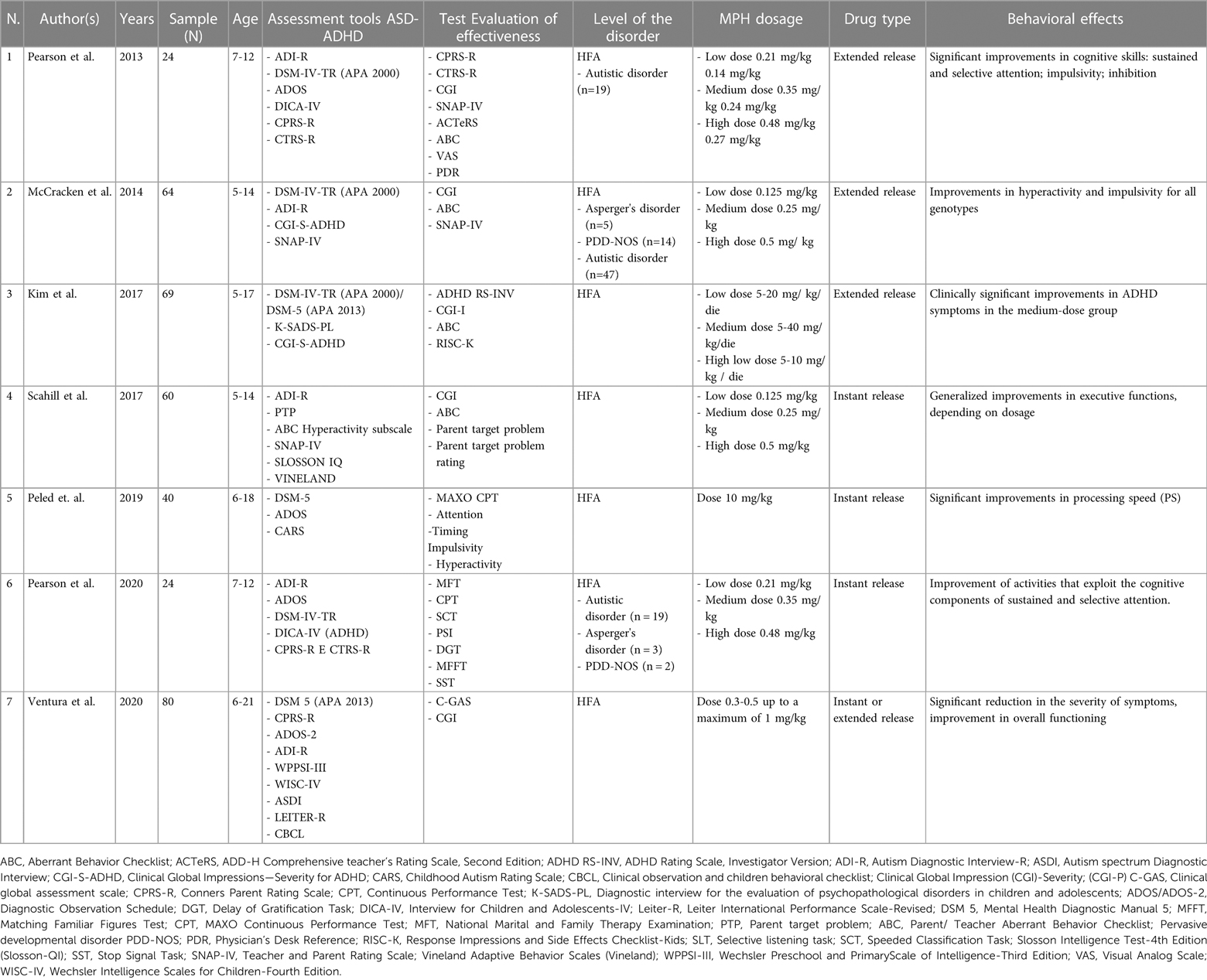Another essential strategy involves setting realistic and achievable goals. Individuals with ADHD may often feel overwhelmed by larger tasks, leading to procrastination or frustration. By breaking down these tasks into smaller, more manageable segments, individuals can cultivate a sense of accomplishment and motivation. This approach not only fosters productivity but also enhances self-esteem, which can sometimes be negatively impacted by the challenges associated with ADHD.
In recent years, attention-deficit/hyperactivity disorder (ADHD) has become a focal point of research and discussion, shedding light on the challenges faced by millions worldwide. Characterized by difficulties in maintaining attention, hyperactivity, and impulsiveness, ADHD affects both children and adults, often leading to academic, professional, and social challenges. However, a wave of new strategies and techniques is emerging, offering hope for those seeking to improve focus and productivity.
Nutrition also plays a vital role in managing ADHD symptoms. Experts recommend a balanced diet rich in omega-3 fatty acids, fruits, vegetables, and whole grains, as these nutrients support brain health. Some individuals may benefit from limiting sugar and processed foods, which can exacerbate hyperactivity and inattentiveness.
As awareness of ADHD grows, so do the tools and strategies available to support those affected. By embracing structured routines, leveraging technology, practicing mindfulness, engaging in physical activity, and maintaining a healthy diet, individuals with ADHD can unlock their potential and improve their focus. With ongoing research and community support, the future looks promising for those striving to navigate the complexities of ADHD.
Physical activity also plays a crucial role in managing ADHD symptoms. Regular exercise has been shown to boost mood, enhance cognitive function, and improve attention spans. Activities such as jogging, swimming, or team sports can be particularly beneficial, as they provide an outlet for excess energy and promote social interaction. For individuals who find it challenging to engage in traditional forms of exercise, incorporating movement into daily routines—such as walking during phone calls or taking short breaks to stretch—can also make a significant difference.
In recent years, growing attention has been paid to Attention Deficit Hyperactivity Disorder (ADHD) and its impact on individuals' ability to focus. A condition that affects millions worldwide, ADHD is characterized by symptoms such as inattention, hyperactivity, and impulsiveness. However, recent studies and innovative strategies are shedding light on effective methods to enhance focus and productivity for those living with ADHD nutrition tips (
peatix.com).
Moreover, recent research
emphasizes the role of mindfulness and meditation in enhancing attention. Mindfulness practices, which encourage individuals to focus on the present moment, have been shown to improve self-regulation and reduce impulsivity. Techniques such as deep breathing and guided meditation can help individuals with ADHD develop greater awareness of their thoughts and feelings, allowing them to redirect their focus when distractions arise.
The exact cause of ADHD remains unclear, but research suggests that a combination of genetic, environmental, and neurological factors may contribute to its development. Studies indicate that ADHD tends to run in families, highlighting a genetic component. Furthermore, exposure to certain environmental factors during pregnancy, such as tobacco smoke and alcohol, has been linked to an increased risk of developing ADHD in children.
Recent studies indicate that individuals with ADHD can significantly enhance their focus through a combination of behavioral interventions, technological advancements, and lifestyle adjustments. One promising approach is the implementation of structured routines. Experts emphasize the importance of consistency in daily activities, which can help individuals with ADHD create a sense of order and predictability. By setting specific times for tasks and breaks, individuals can train their brains to focus better during designated periods.
In conclusion, while living with ADHD presents unique challenges, implementing effective coping strategies can empower individuals to harness their strengths and improve their overall well-being. Through structure, mindfulness, physical activity, support, and technology, those with ADHD can navigate life with greater focus and resilience, transforming potential obstacles into opportunities for growth.
Getting an ADHD diagnosis is often a complex and difficult process. ADHD symptoms are frequently missed by parents and teachers who view them as normal childhood actions. Recognizing ADHD early is vital for effective intervention, say specialists. "Early ADHD diagnosis supports better academic and social outcomes," notes Dr. Emily Carter, a psychologist. Early intervention can include behavioral therapy, educational support, and, in some cases, medication. Developing organizational and coping skills is a major benefit of these ADHD strategies.
